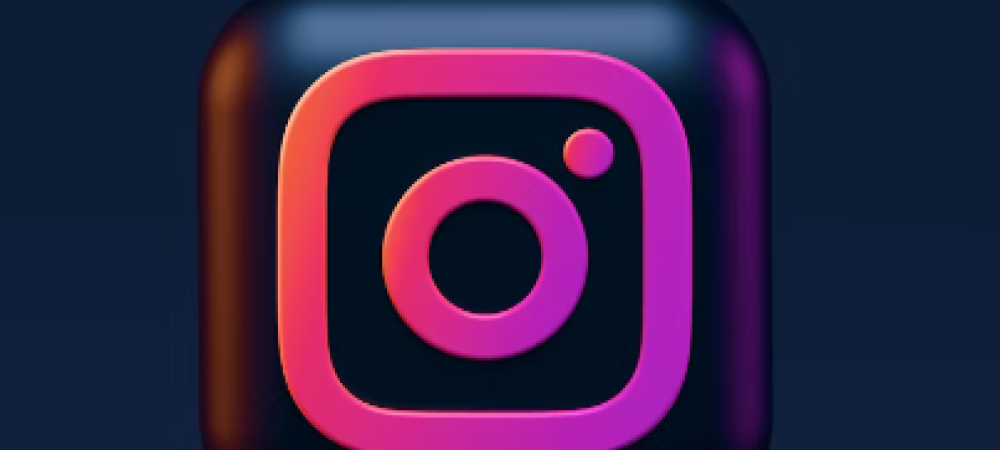In the age of social media dominance, the pursuit of followers and likes has become a prevalent aspect of the digital experience. Whether it’s individuals sharing personal moments or brands promoting products, the psychology behind seeking these metrics runs deep. Let’s explore the underlying psychological factors that drive the quest for followers and likes on digital platforms.
1. Social Validation and Acceptance
One of the primary psychological drivers behind pursuing followers and likes is the innate human need for social validation and acceptance. The digital realm serves as a virtual stage where individuals seek approval and acknowledgment from their peers. A high follower count and numerous likes become symbols of social approval, reinforcing a sense of belonging and acceptance within the online community.
2. Dopamine and the Reward System
The act of receiving likes triggers the brain’s reward system, releasing dopamine—a neurotransmitter associated with pleasure and reward. This neurochemical response creates a positive reinforcement loop, encouraging individuals to consistently seek and share content that garners likes. The pursuit of this pleasurable experience becomes a habitual behavior, contributing to the addictive nature of social media engagement.
3. Social Comparison and Self-Esteem
Digital platforms often become arenas for social comparison, where individuals measure their worth against the perceived success of others. A high follower count and a multitude of likes can serve as benchmarks for popularity and influence. Conversely, a lack of engagement may lead to feelings of inadequacy or a diminished sense of self-worth. The pursuit of followers and likes, in this context, becomes a mechanism for bolstering self-esteem through external validation.
4. Influencer Culture and Aspirational Lifestyles
The rise of influencer culture has further intensified the psychological drive behind pursuing followers and likes. Influencers showcase curated lifestyles, emphasizing aesthetics, experiences, and products that align with societal ideals. Followers, aspiring to emulate these lifestyles, engage with content in the form of likes and follows, contributing to the illusion of proximity to the influencer’s world.
5. Fear of Missing Out (FOMO)
The fear of missing out is a powerful motivator in the digital age. Users often engage with content, follow accounts, and like posts to stay connected with trends and current events. The fear of being left out or not staying abreast of the latest happenings fuels the pursuit of followers and likes, creating a sense of involvement and relevance within the digital landscape.
6. Branding and Digital Identity
For brands and businesses, the pursuit of followers and likes is intricately linked to digital branding and identity. A substantial online following and engagement signify a brand’s popularity and influence. This perception contributes to brand loyalty, trust, and the overall success of marketing efforts. In this context, the psychological motivation extends beyond personal validation to encompass the establishment and growth of a brand’s digital persona.
Conclusion
The psychology behind pursuing followers and likes on digital platforms is multifaceted, intertwining human needs for validation, reward, social comparison, and connection. Recognizing and understanding these psychological drivers is essential for both individuals and brands navigating the digital landscape. While followers and likes serve as quantifiable metrics, their impact reaches deeper into the realms of human psychology, influencing behavior, self-perception, and societal connections in the ever-evolving world of social media.
